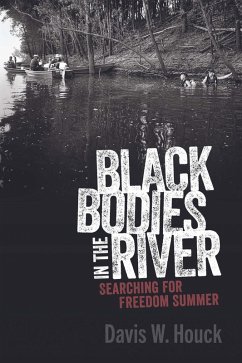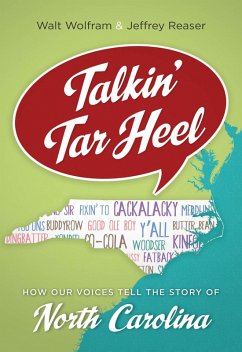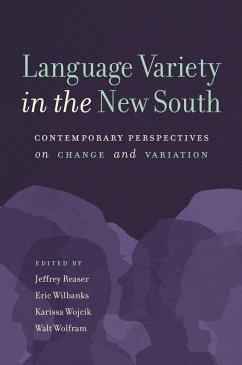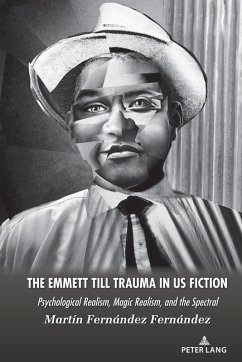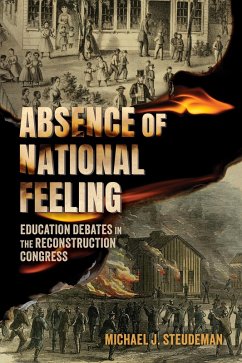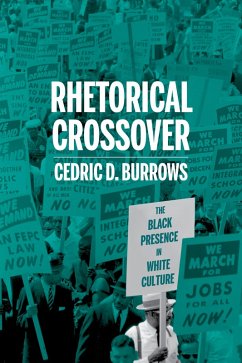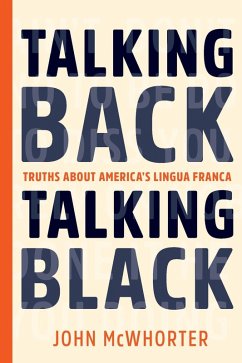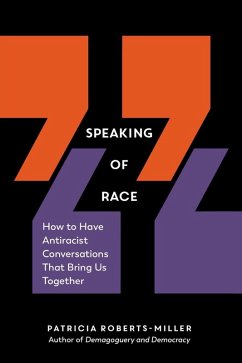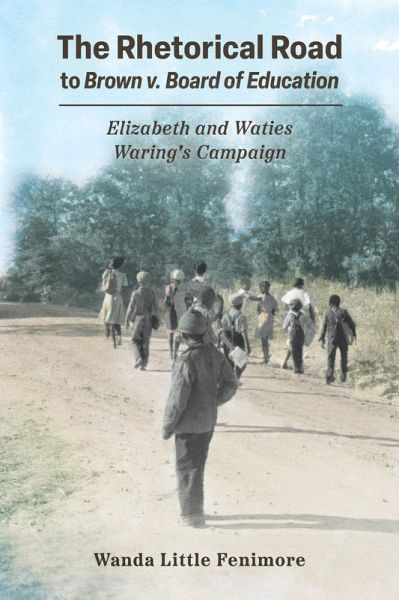
The Rhetorical Road to Brown v. Board of Education (eBook, ePUB)
Elizabeth and Waties Waring's Campaign
Versandkostenfrei!
Sofort per Download lieferbar
16,95 €
inkl. MwSt.
Weitere Ausgaben:

PAYBACK Punkte
8 °P sammeln!
As early as 1947, Black parents in rural South Carolina began seeking equal educational opportunities for their children. After two unsuccessful lawsuits, these families directly challenged legally mandated segregation in public schools with a third lawsuit in 1950, which was eventually decided in Brown v. Board of Education.Amidst the Black parents' resistance, Elizabeth Avery Waring, a twice-divorced northern socialite, and her third husband, federal judge J. Waties Waring, launched a rhetorical campaign condemning white supremacy and segregation. In a series of speeches, the Warings exposed...
As early as 1947, Black parents in rural South Carolina began seeking equal educational opportunities for their children. After two unsuccessful lawsuits, these families directly challenged legally mandated segregation in public schools with a third lawsuit in 1950, which was eventually decided in Brown v. Board of Education.
Amidst the Black parents' resistance, Elizabeth Avery Waring, a twice-divorced northern socialite, and her third husband, federal judge J. Waties Waring, launched a rhetorical campaign condemning white supremacy and segregation. In a series of speeches, the Warings exposed the incongruity between American democratic ideals and the reality for Black Americans in the Jim Crow South. They urged audiences to pressure elected representatives to force southern states to end legal segregation.
Wanda Little Fenimore employs innovative research methods to recover the Warings' speeches that said the unsayable about white supremacy. When the couple poked at the contradiction between segregation and "all men are created equal," white supremacists pushed back. As a result, the couple received both damning and congratulatory letters that reveal the terms upon which segregation was defended and the reasons those who opposed white supremacy remained silent.
Using rich archival materials, Fenimore crafts an engaging narrative that illustrates the rhetorical context from which Brown v. Board of Education arose and dispels the notion that the decision was inevitable. The first full-length account of the Warings' rhetoric, this multilayered story of social progress traces the symbolic battle that provided a locus for change in the landmark Supreme Court decision.
Amidst the Black parents' resistance, Elizabeth Avery Waring, a twice-divorced northern socialite, and her third husband, federal judge J. Waties Waring, launched a rhetorical campaign condemning white supremacy and segregation. In a series of speeches, the Warings exposed the incongruity between American democratic ideals and the reality for Black Americans in the Jim Crow South. They urged audiences to pressure elected representatives to force southern states to end legal segregation.
Wanda Little Fenimore employs innovative research methods to recover the Warings' speeches that said the unsayable about white supremacy. When the couple poked at the contradiction between segregation and "all men are created equal," white supremacists pushed back. As a result, the couple received both damning and congratulatory letters that reveal the terms upon which segregation was defended and the reasons those who opposed white supremacy remained silent.
Using rich archival materials, Fenimore crafts an engaging narrative that illustrates the rhetorical context from which Brown v. Board of Education arose and dispels the notion that the decision was inevitable. The first full-length account of the Warings' rhetoric, this multilayered story of social progress traces the symbolic battle that provided a locus for change in the landmark Supreme Court decision.
Dieser Download kann aus rechtlichen Gründen nur mit Rechnungsadresse in A, D ausgeliefert werden.





